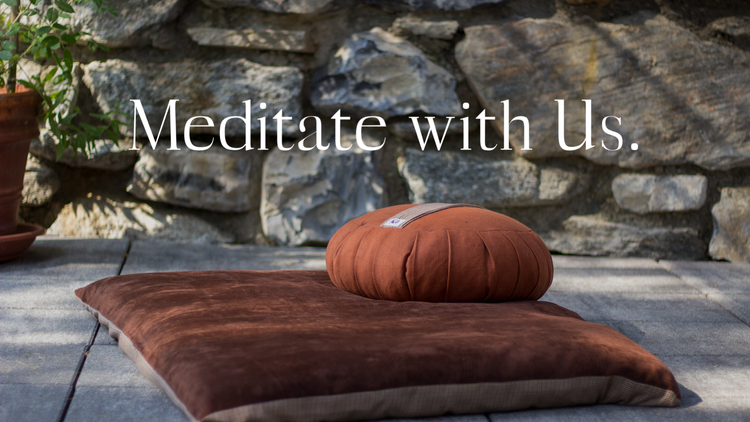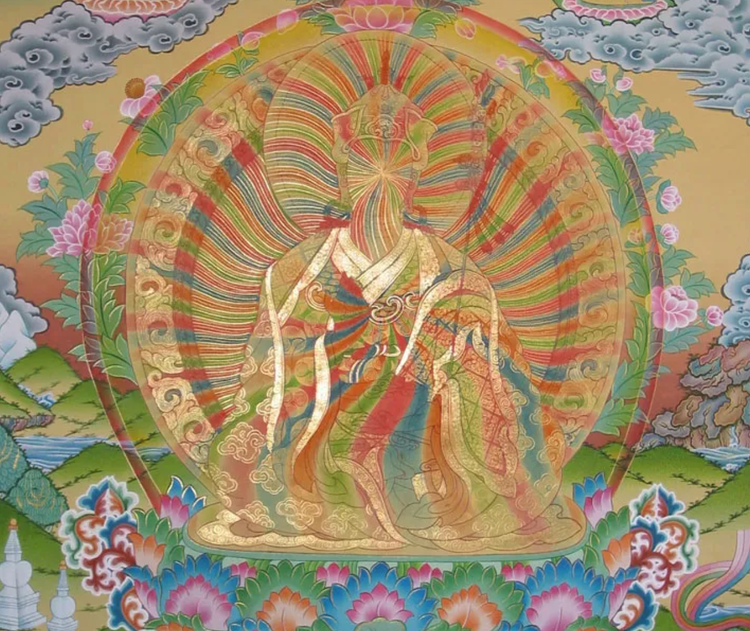Applied philosophy.

“Just as a goldsmith assays gold by rubbing, cutting and burning, so should you examine my words. Do not accept them just out of faith in me”.
~Buddha, Ghanavyuha Sutra
While the Buddha's teachings may be understood as a philosophy, it is more of a way of life, an applied philosophy.
The Buddha encouraged his students not to accept anything at face value. He encouraged free inquiry and critical thinking based on one's own experience.
"Come, Kalamas. Do not go upon what has been acquired by repeated hearing; nor upon tradition; nor upon rumor; nor upon what is in a scripture; nor upon surmise; nor upon an axiom; nor upon specious reasoning; nor upon a bias towards a notion that has been pondered over; nor upon another's seeming ability; nor upon the consideration, 'The monk is our teacher.' Kalamas, when you yourselves know: 'These things are good; these things are not blamable; these things are praised by the wise; undertaken and observed, these things lead to benefit and happiness,' enter on and abide in them.
~Buddha, Kalama Sutra
All teachings are instructions for practice. They are to be tested in the laboratory of one's own life.
Apply the teachings to your own mind, to your own life, and see if there is a benefit. Rather than waiting to find the perfect thing, get started now and see what works.
Progress along the path of meditation is noticed by our reactions in daily life shifting towards healthier states of mind and body. Forget enlightenment, forget chasing meditative experiences or fantasies. Shifting to healthier states and understanding the shared experiences we all have in common is enough, and often, it's just the cure that we need.




